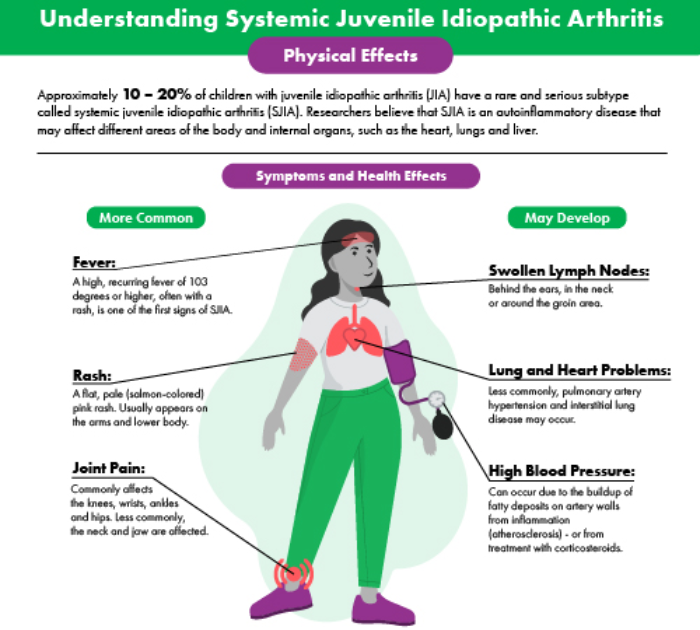Southern States on Alert as Louisiana Oysters Pose Health Threat
The Food and Drug Administration (FDA) has broadened its safety alert regarding oysters harvested from Louisiana Harvest Area 3. This region, situated east of Lake Borgne and north of Eloi Bay, encompasses the Chandeleur Islands and surrounding marshlands. The agency is advising against the sale, service, or consumption of these oysters due to potential norovirus contamination.
The recall now affects a wider range of states, primarily in the southern and southeastern United States. Specifically, the alert applies to Alabama, Arkansas, Delaware, Florida, Georgia, Kentucky, Louisiana, Maryland, Mississippi, North Carolina, South Carolina, Tennessee, and Texas.
Health officials are particularly concerned about oysters harvested between January 10 and February 4 from the designated area. Consumers, restaurants, and retailers in these states are urged to exercise caution and verify the source of their oysters to avoid potential health risks.
Commentary by SuppBase columnist Alice Winters

This expanded oyster recall serves as a stark reminder of the intricate relationship between our food supply and public health. As a health product commentator, I find several aspects of this situation particularly noteworthy and concerning.
First, the scale of this recall is significant. Covering 13 states across the southern and southeastern United States, it underscores the far-reaching distribution networks of our food supply. This extensive reach highlights the potential for rapid spread of foodborne illnesses and the critical importance of robust tracking and recall systems.
The focus on norovirus contamination is particularly alarming. Norovirus is highly contagious and can cause severe gastroenteritis, leading to symptoms such as nausea, vomiting, diarrhea, and abdominal pain. For vulnerable populations, such as the elderly or immunocompromised, these symptoms can be especially dangerous.
From a nutritional standpoint, oysters are generally considered a healthy food choice. They’re rich in zinc, iron, selenium, and vitamin B12, and are a good source of protein and heart-healthy omega-3 fatty acids. However, this recall serves as a reminder that even nutritious foods can pose health risks if not properly handled or sourced.
The timing of this recall is also noteworthy. The affected harvest dates (January 10 to February 4) coincide with a period when oyster consumption might be higher due to events like Valentine’s Day celebrations. This timing amplifies the potential impact and underscores the importance of timely alerts and consumer awareness.
From a broader perspective, this incident raises questions about our food safety protocols, particularly for shellfish. Oysters, being filter feeders, can accumulate contaminants from their environment, including viruses and bacteria. This recall should prompt a review of harvesting practices, water quality monitoring, and post-harvest handling procedures to minimize such risks in the future.
For consumers, this recall emphasizes the importance of knowing the source of your food, particularly when it comes to raw shellfish. It’s a reminder to stay informed about food safety alerts and to prioritize purchasing from reputable sources.
The environmental implications are also worth considering. The affected area includes important ecosystems like the Chandeleur Islands. This incident could potentially lead to increased scrutiny of water quality and environmental factors affecting oyster habitats, which could have long-term impacts on the industry and local ecosystems.
From a market perspective, this recall is likely to have significant economic repercussions for the oyster industry in Louisiana and possibly beyond. It may lead to short-term drops in consumer confidence and sales, potentially affecting livelihoods in coastal communities dependent on oyster harvesting.
In terms of regulatory oversight, this incident demonstrates the crucial role of agencies like the FDA in protecting public health. It also highlights the need for continued vigilance and possibly enhanced monitoring and testing protocols for shellfish harvesting areas.
Looking ahead, this recall should serve as a catalyst for the oyster industry to invest in advanced testing methods and perhaps explore innovative technologies for early detection of contaminants. It may also spur research into more resilient oyster varieties or improved cultivation methods that reduce the risk of contamination.
For health-conscious consumers, this situation reinforces the importance of a diverse diet. While oysters offer unique nutritional benefits, relying too heavily on any single food source can increase exposure to potential contaminants or foodborne illnesses.
In conclusion, while this recall is concerning, it also demonstrates the effectiveness of our food safety systems in identifying and responding to potential health threats. Moving forward, it should inspire continued improvements in food safety practices, environmental monitoring, and consumer education about the foods we consume. As always, staying informed and making mindful choices about our food sources remains key to maintaining good health in an increasingly complex food landscape.



